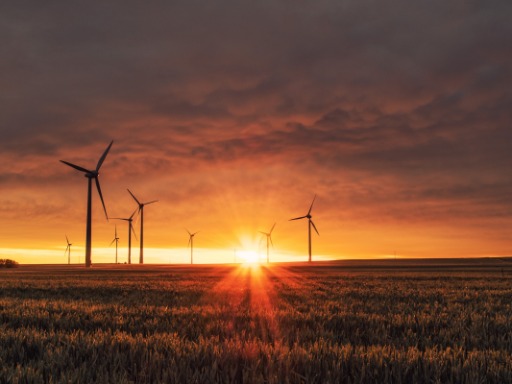Time to Talk About Values: Public Participation in Energy Decision-Making
A recent study published in PLOS Climate, titled "Time to talk about values, time to say no: What drives public participation in decision-making on abstract versus concrete energy projects?", explores the role of values in public participation in energy decision-making.
The study argues that engaging people with different values (i.e., guiding principles in people’s lives) from early on in decision-making can help develop more socially acceptable energy projects. However, people with different values may want to participate at different times of decision-making.
When energy projects are still abstract (e.g., national renewable energy targets), people with strong biospheric values (i.e., caring about the environment) and altruistic values (i.e., caring about others) may want to participate. Whereas when projects become concrete (e.g., a local wind park), people with strong egoistic values (i.e., caring about personal resources) and hedonic values (i.e., caring about comfort and pleasure) may want to participate.
In two field studies in the same region, the researchers found that biospheric and altruistic values were indeed most strongly associated with people’s willingness to participate in abstract decision-making. At a local project level, the more people were against the project, the more they wanted to participate, irrespective of their values.
The study concludes that simply inviting people to participate in decision-making does not yet guarantee that different public values will be represented, and draws recommendations for better incorporating values in energy decision-making.
